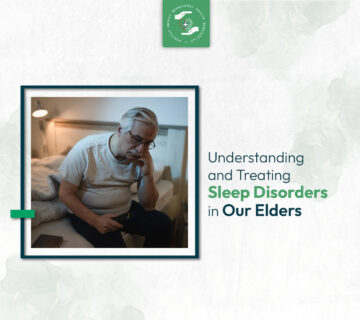When families embark on the journey of participating in psychoeducational groups, they unlock a treasure trove of knowledge, fostering a deeper understanding of psychological well-being and educational tools. These groups serve as a beacon of support, guiding families through the complexities of mental health with a friendly and engaging approach. Let’s explore the seven key topics that illuminate the path for families seeking enlightenment and empowerment in their psychoeducational journey.
1. Understanding Mental Health Disorders
Delving into the realm of mental health disorders in psychoeducational groups empowers families with critical knowledge about various psychological conditions. From anxiety and depression to more complex disorders like bipolar or schizophrenia, families learn to recognize symptoms and understand the psychological frameworks that underpin these conditions. This foundational knowledge demystifies mental health issues, fostering an environment where seeking help and discussing mental health becomes normalized and approachable.
Furthermore, psychoeducational groups provide a platform for families to explore the biological, psychological, and social factors contributing to mental health disorders. By understanding that these conditions often result from a combination of genetics, environment, and personal experience, families can cultivate a more compassionate and holistic view towards members who are struggling. This perspective is crucial for building empathy and support within the family unit.
2. The Power of Effective Communication
Communication acts as the cornerstone of any strong relationship, particularly within families navigating the complexities of mental health. Psychoeducational groups equip families with the tools to engage in open, honest, and effective communication. These sessions often include exercises that teach active listening, empathetic responding, and how to express feelings constructively. By mastering these communication strategies, families can avoid misunderstandings and strengthen their connections, ensuring that every member feels heard and valued.
3. Navigating Stress and Coping Strategies
In today’s fast-paced world, stress has become a ubiquitous part of life for many families. Psychoeducational groups shed light on the nature of stress, its impact on mental and physical health, and effective coping strategies to mitigate these effects. Participants learn to identify stressors and develop personal and family-wide strategies for managing stress, such as mindfulness, exercise, and time management. These tools not only help families navigate daily stressors more effectively but also enhance their overall well-being.
4. The Role of Family Dynamics in Mental Health
Family dynamics play a significant role in shaping an individual’s mental health, for better or worse. Psychoeducational groups provide a unique opportunity for families to examine their interactions and patterns that may influence the mental well-being of its members. Through guided discussions and activities, families learn to identify and amend dysfunctional patterns, such as enmeshment or avoidance, and foster healthier relationships. Recognizing and adjusting these dynamics can lead to a more supportive and nurturing family environment, which is crucial for mental health recovery and resilience.
5. Building Resilience and Emotional Intelligence
Resilience and emotional intelligence are key components of mental health that allow individuals to navigate challenges effectively. Psychoeducational groups focus on building these skills, teaching families how to adapt to adversity, recover from setbacks, and manage emotions constructively. These sessions often include exercises to enhance self-awareness, regulate emotions, and foster optimism. By developing resilience and emotional intelligence, families can create a supportive environment that encourages growth and emotional well-being.
6. Substance Use and Its Impact on the Family
Substance use can have a profound impact on family dynamics, communication, and overall mental health. Psychoeducational groups provide a safe space to explore the complex relationship between substance use and mental health, including the ways substance abuse can serve as a coping mechanism for underlying mental health disorders. By understanding these dynamics, families can better support loved ones struggling with substance use, fostering a path toward recovery that is compassionate and informed.
7. Setting Healthy Boundaries and Expectations
Setting healthy boundaries is vital for maintaining strong family relationships and individual well-being. In psychoeducational groups, families learn the importance of establishing clear boundaries and realistic expectations to support mental health recovery and maintain harmony at home. Discussions and activities guide families in identifying and communicating their needs, while also respecting the boundaries of others. This balance is essential for building a supportive, understanding, and cohesive family unit.






No comment